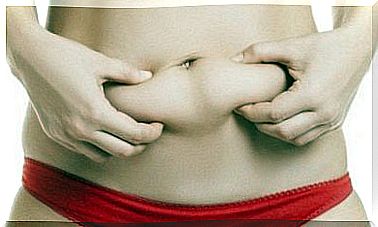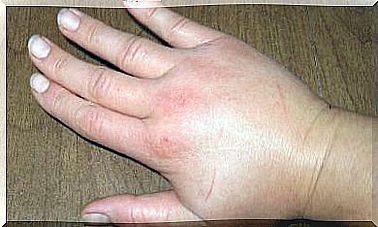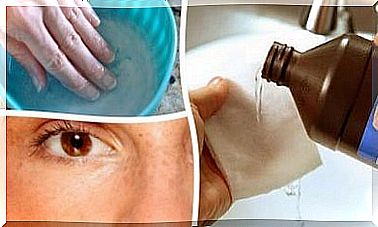Mouthwash: Which One Should I Choose?
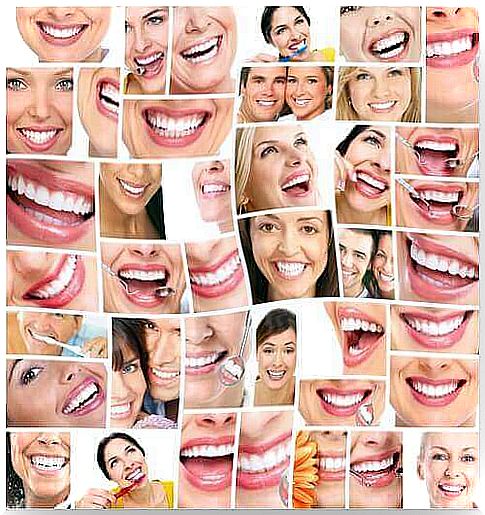
Mouthwash can be used every day as a preventative measure. However, it also helps to heal some dental conditions. There are several types of mouthwash, and each has a different purpose.
Many people forget that mouthwash is the perfect complement to daily tooth brushing, but will never be able to replace it. If you add dental floss to it, you will be able to perfectly take care of your oral health.
Mouthwash with or without alcohol
When choosing a mouthwash, you should first of all pay attention to its alcohol content. If there is alcohol in it, it should not be swallowed or used frequently.
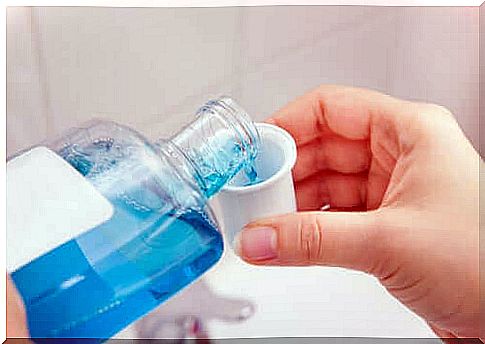
Unfortunately, alcohol-containing products can damage the mucosa lining the inside of the mouth. Fortunately, there are mouthwashes on the market without alcohol.
Some mouthwashes contain CPC, or cetylpyridinium chloride, which is safe and effective. It is a substance that protects against the build-up of bacteria.
Types of mouthwash
Mouthwashes are divided into two main groups: cosmetic and medicinal. Medicinal fluids are used to combat health problems such as gingivitis, tooth sensitivity or mouth pain. On the other hand, lotions often contain whitening agents.
Typically, mouthwashes should be used half an hour after brushing your teeth, as the ingredients in the toothpaste may reduce its effectiveness. Further in this article you will find tips that will help you choose the right liquid that will meet your needs:
The use of mouthwash by people with halitosis or a bad smell from the mouth
If you suffer from halitosis, the first thing you need to know is its cause. Typically, it is caused by the breakdown of bacteria from food scraps left in the mouth. Mouthwashes designed to fight bad breath contain ingredients such as hydrogen peroxide, zinc, chlorhexidine and triclosan.
Experts recommend rinsing your teeth with 15 ml of undiluted liquid for 30 seconds, at least twice a day or after each tooth brushing. For even greater effectiveness, do not rinse your mouth with water or drink it immediately after using the liquid.
Gum poor condition
These problems arise when plaque bacteria build up in the gums and cause inflammation and bleeding. They can cause bone and even tooth loss.
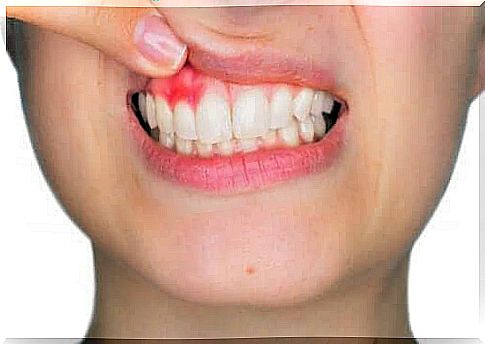
For the treatment of gums, dentists usually recommend using a mild mouthwash without the addition of alcohol. They contain substances such as povidone iodine, phenols or essential oils. Rinsing liquids with salt will also work.
To treat periodontal disease, dentists recommend the use of chlorhexidine, a broad-spectrum antiseptic that works well against plaque.
Using mouthwash in case of tooth decay
Dental cavities are one of the most common oral problems. However , they can be avoided by proper oral hygiene and fluoride treatment. Fluoridation helps maintain a healthy oral surface and prevents it from becoming porous, thereby blocking the entry of bacteria.
Hyposalvation or dry mouth
If you often feel dry mouth because you have too little saliva, you are at risk of developing bacterial infections because saliva does not fulfill its protective function.
Therefore, doctors recommend using the right mouthwash, which not only refreshes the mouth but also has a protective effect. This type of product is rich in minerals, vitamin E and fluoride.
Orthodontics
If you wear an orthodontic appliance, you must use a mouthwash as brushing alone will not be enough to clean your teeth. Using a mouthwash, you will reach places that the brush cannot reach. Thanks to this, you will take care of comprehensive oral hygiene.
- Rinse your teeth with 15 ml of undiluted fluid for 30 seconds, at least twice a day or after each tooth brushing.
Summary
Using a mouthwash helps to remove food residue from places that your toothbrush can’t reach. Thus, it will not only help you refresh your breath, but also take care of proper oral hygiene.
There are indications which suggest which medicated mouthwash should be chosen in each case. The dentist will certainly help you in choosing the fluid.







